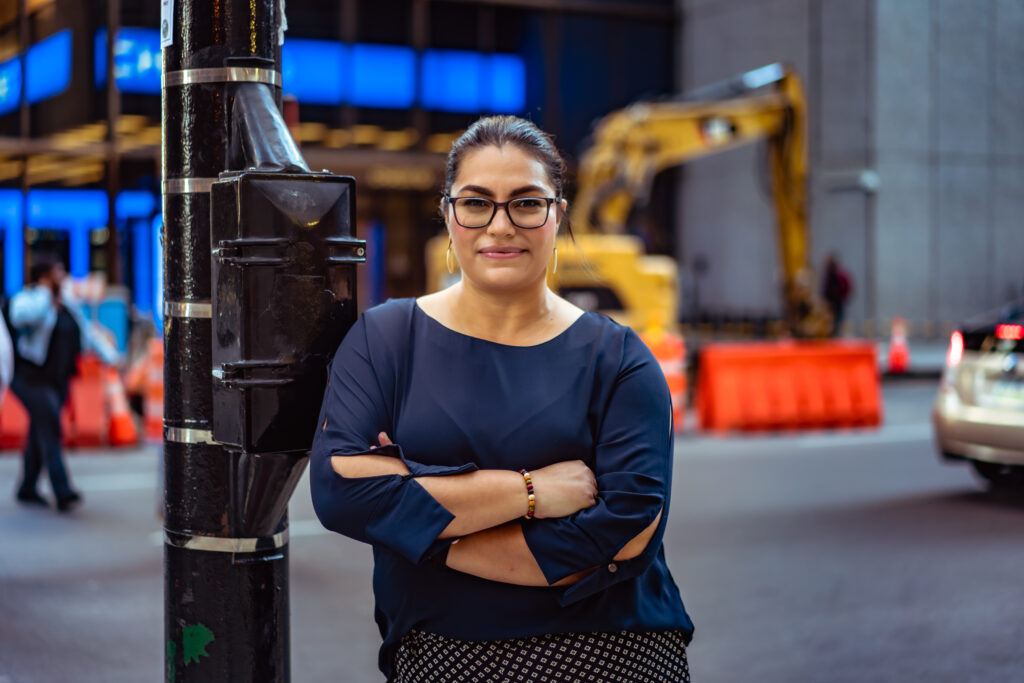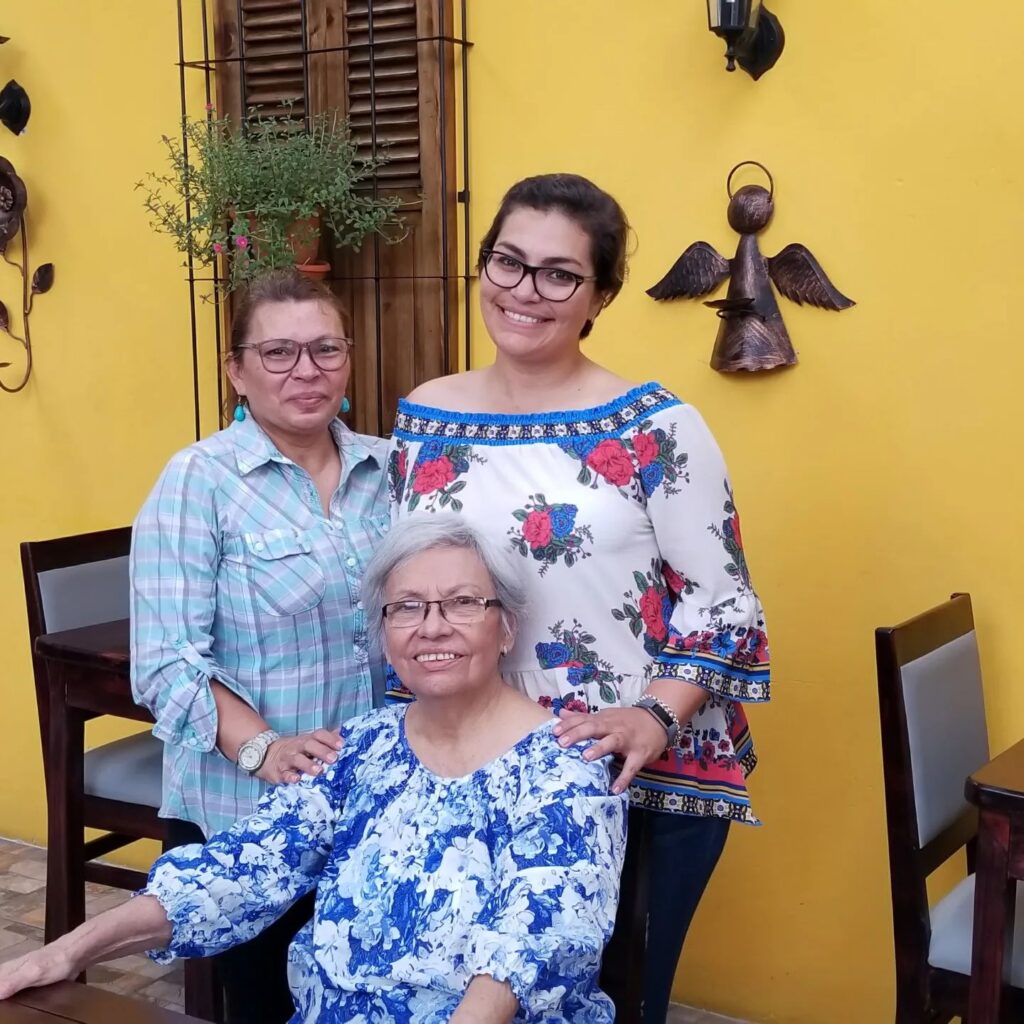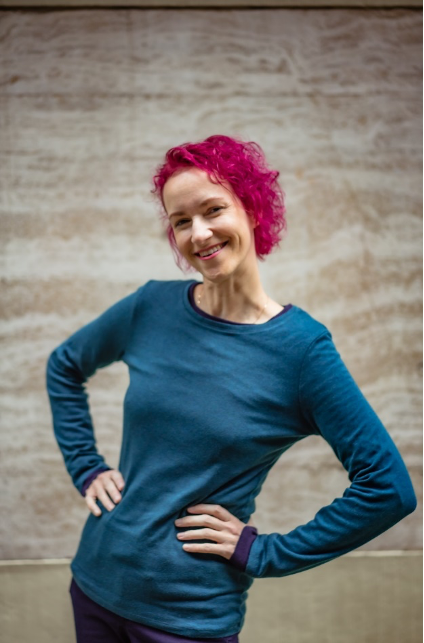
Karla Chavez, Cervivor Ambassador & 2022 Cervivor Champion Award Recipient
In the months of September and October, we are celebrating our Hispanic heritage.
History supports our struggle and power to overcome difficulties. We are brave, passionate, and colorful people. We also come from many beliefs and cultures, some of which can be obstacles.
It is a reality that many Latinas die from a disease that can be prevented. The lack of education, the lack of specialization of our doctors, and the HPV taboo are our challenges to overcome in order to win the war against cervical cancer and other cancers caused by the Human Papillomavirus.
I was 34 years old when I was diagnosed and in a country where our sex education is given in science and biology classes, but discussed little outside the parameters of our classrooms. Being able to accept and share that my cancer was caused by HPV gave me freedom. I talked about it with my family, and I remember having the feeling of, “What are they going to think of me?“ They really didn’t care. Their only concern was my health.
Being diagnosed with a cancer caused by HPV carries with it a taboo in my culture. We often do not discuss this with anyone because we do not want them to judge us, much less reject us. Many times we struggle alone with feeling guilty. This stigma must be overcome. We must trust that we will find support, in our family, in our friends, and/or in faith. The way to overcome this issue is to talk about it without fear, so that the next time we hear about cervical cancer, it’s because it is being prevented. We want our communities getting vaccinated and that we don’t wait ages for our doctor appointments.
A doctor told me, “the vast majority of us will have an HPV infection at some point, what we need is to remove the stigma behind those three letters and attack it.”
This resonated with me. It made me feel that even though I didn’t know much about what was happening to me, it wasn’t my fault. It is something that I had to go through, and I must overcome it.

Once I took away the power that guilt had over me, I began to fight. I have had the joy of having my family as my support team. We have fought with a lot of faith and love. Which is one of the characteristics of our Hispanic culture, keeping us together as a family no matter the situation.
I am also sure that my doctors were the answer to my prayers in my moments of fear. I received 8 chemotherapies and 35 internal radiation treatments. After a total hysterectomy and colostomy surgery, I have made it my mission to never shut up about what I went through. Because to someone out there, something in my story will resonate and they will act. Either getting vaccinated, scheduling their cancer screenings, or vaccinating their children.
I’m still here to celebrate life and the month of Hispanic heritage. I’m still here to tell you that cervical cancer can be prevented. That there is a vaccine that can save the lives of hundreds of thousands. I’m still here to talk to everyone about the vaccine and prevention.
When I was diagnosed, I wanted to fight and win. Now that I celebrate 5 years without evidence of disease, I want to fight and overcome the stigma, the lack of education about HPV, and its relationship with various types of cancer.
After attending Cervivor School I learned how to share my story, how to speak up, and be the voice that can resonate with someone else.
I have had the opportunity to participate in talks at universities, high schools, religious groups in my country, and in workplace meetings, and always that I can to each person that wants to listen.
I want everyone to get the HPV vaccine, to make their cancer screening appointments so that together we can dream of a Honduras and a world free of cervical cancer.
Fellow cervical cancer survivors/patients, I leave you with a mission: Share your story, because your story will resonate with someone.
Visit Cervivor.org to share your story with an easy-to-follow template!
Karla Chavez is from Honduras and she is a civil engineer and amigurumi enthusiast. Karla is a 5-year cervical and thyroid cancer survivor and a proud ostomate. She is a Cervivor Ambassador, a 2019 Cervivor School graduate, a Cervivor Champion Award recipient, and is a key support to our growing Cervivor Espanol community.

